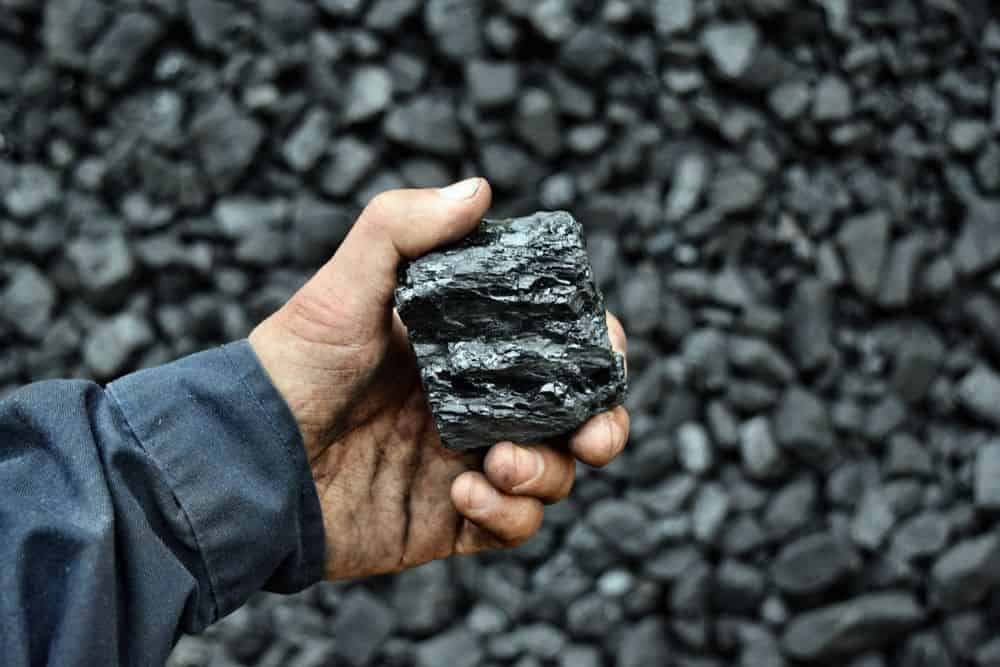More and more countries and international investors are looking closely at Jakarta's huge mineral resources
Article by Tommaso Magrini
In 2022, Indonesia produced 1.6 million tonnes of nickel, more than any other country. It is tied with Australia for the world's largest reserves, with 21 million tonnes. Hoping to move its country up the commodity value chain, President Joko Widodo's government banned exports of unprocessed nickel ore in 2020. Several governments and multinationals are increasingly moving to secure access to Indonesia's vast nickel reserves. South Korean steel producer POSCO Holdings said it plans to spend USD 441 million to build a nickel refinery on the Indonesian island of Halmahera in North Maluku Province. Construction is scheduled to begin later this year, with the aim of starting operations in 2025. POSCO's refinery will produce nickel intermediates for use in rechargeable batteries that could power the equivalent of 1 million electric vehicles. German chemical manufacturer BASF and French mining company Eramet will invest $2.6 billion in a refinery in North Maluku, which will produce a nickel-cobalt compound used in EV batteries. Foreign direct investment in the Indonesian metals sector reached about USD 10.9 billion in 2022, with almost 60% coming from mainland China and Hong Kong. Meanwhile, Indonesian operators are moving to list themselves on the stock exchange. Better known as Harita Nickel, Trimegah went public on 12 April, raising nearly 10 trillion rupiah (USD 673 million), one of the largest IPOs of the year. Merdeka Battery Materials, a nickel smelter under the Merdeka Copper Gold umbrella, conducted its own IPO shortly after, raising 9.2 trillion rupees. Merdeka Battery collaborates with a unit of Chinese battery giant Contemporary Amperex Technology (CATL).






